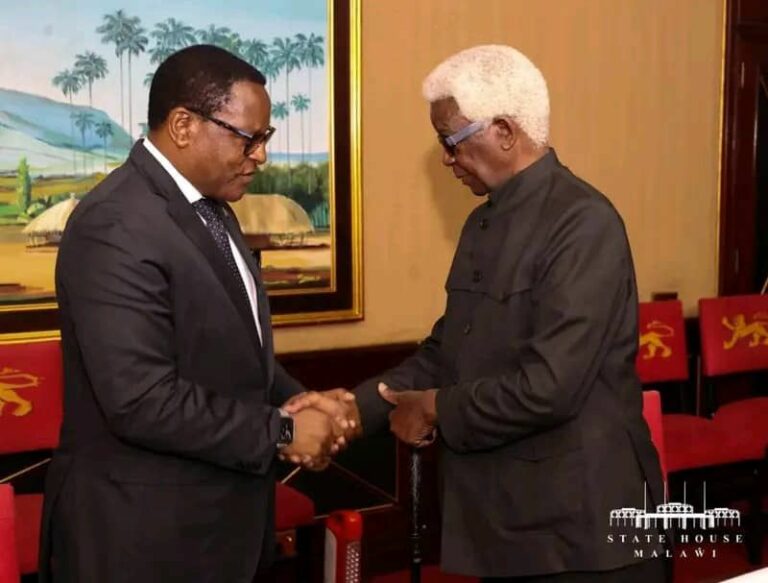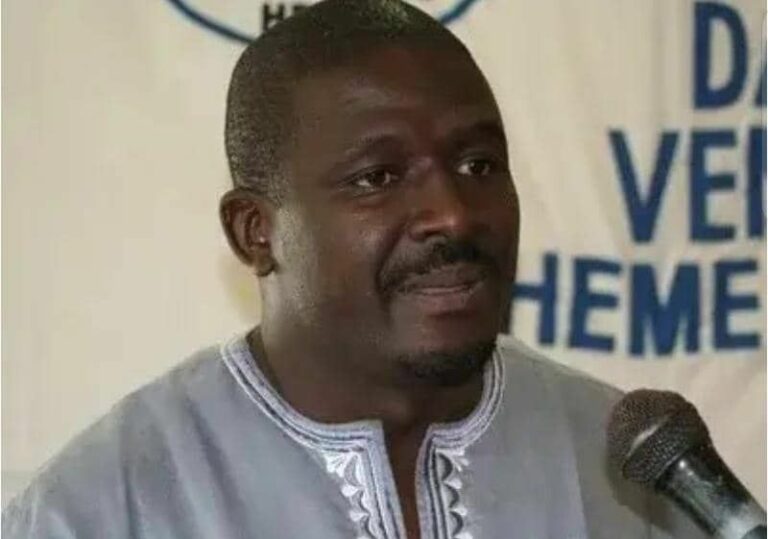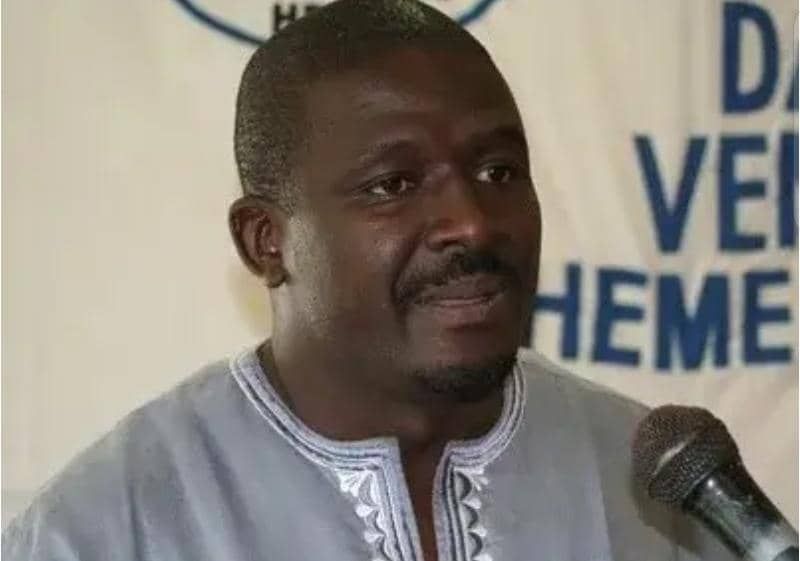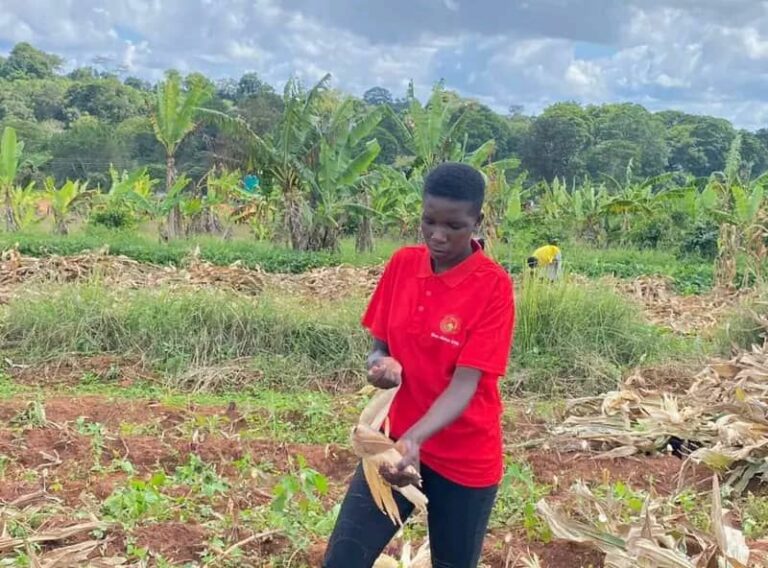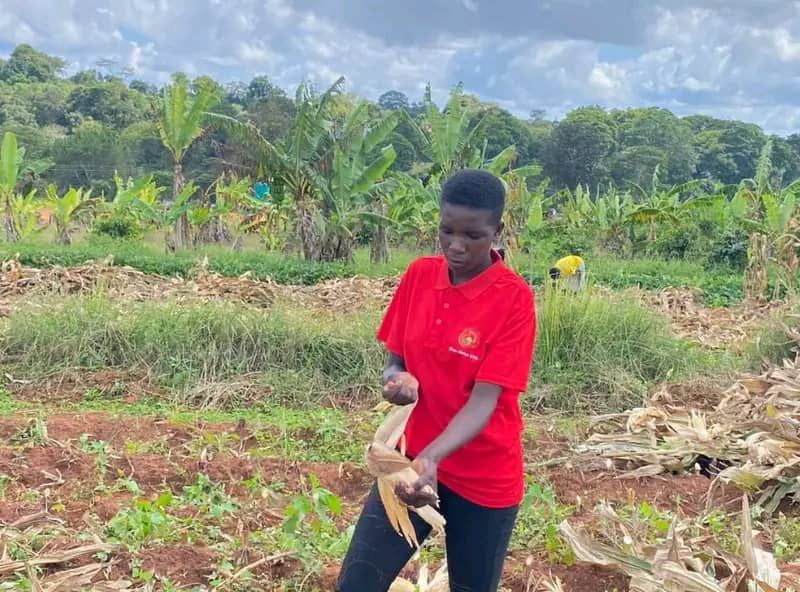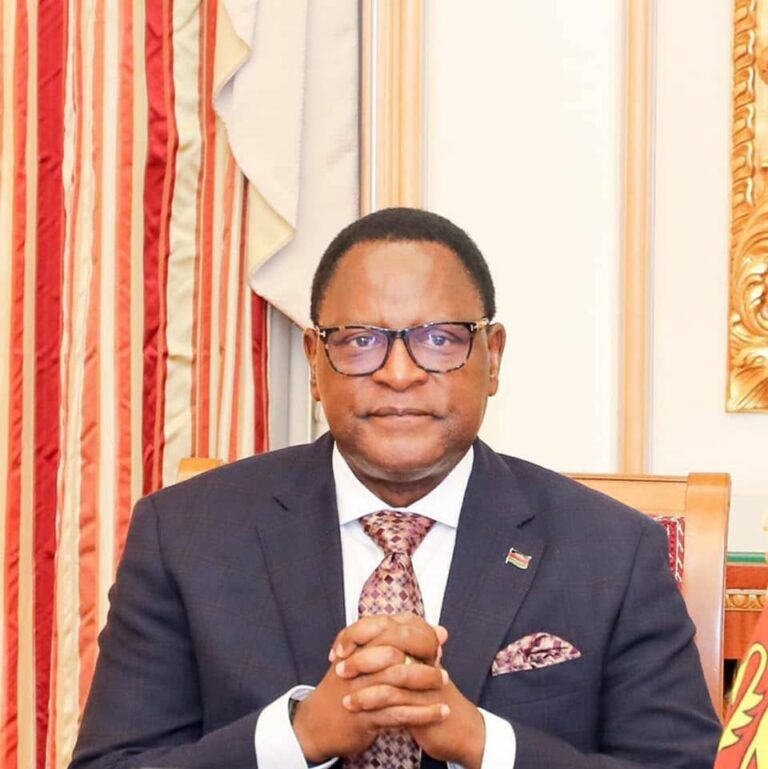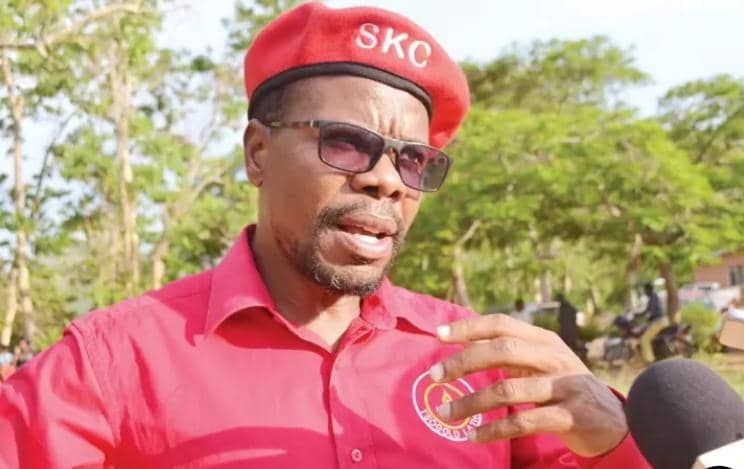By Burnett Munthali
Paramount Chiefs from various regions of Malawi recently paid a visit to Kamuzu Palace to offer their condolences to President Dr Lazarus Chakwera following the passing of Vice President Dr Saulos Chilima. The chiefs expressed their solidarity with the President during this period of mourning and emphasized the need for support and encouragement.
Paramount Chief Kawinga of Machinga, who led the delegation, highlighted the importance of representing the sentiments of Malawian communities in offering condolences to President Chakwera. The delegation included distinguished leaders such as Paramount Chief Inkosi Yamakosi Mbelwa V of Mzimba, Paramount Chief Inkosi Yamakosi Gomani V of Ntcheu, Paramount Chief Kyungu of Karonga, Paramount Chief Lundu of Chikwawa, Paramount Chief Kawinga of Machinga, Paramount Chief Kaduya of Mulanje, and Paramount Chief Chikulamayembe of Rumphi.
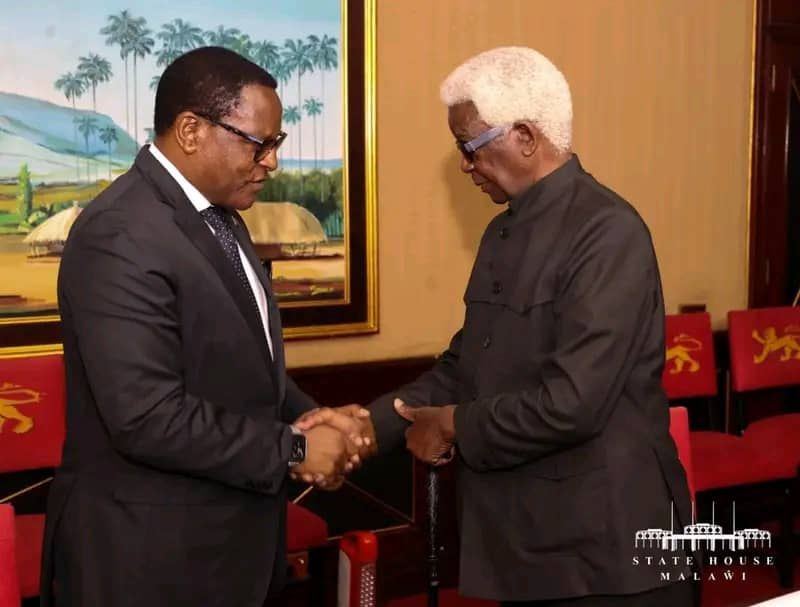
The visit underscored the traditional leaders’ role in supporting national leadership during times of grief and loss. Paramount Chiefs expressed their commitment to unity and solidarity across Malawi, offering their condolences as a sign of respect and support to President Chakwera and the nation as a whole.
This gesture reflects the deep-rooted cultural traditions of empathy and communal support within Malawi, where traditional leaders play a pivotal role in both ceremonial and advisory capacities. As the nation mourns the loss of Vice President Chilima, such acts of condolence from traditional leaders serve to strengthen national cohesion and demonstrate solidarity with the highest levels of leadership in the country.


